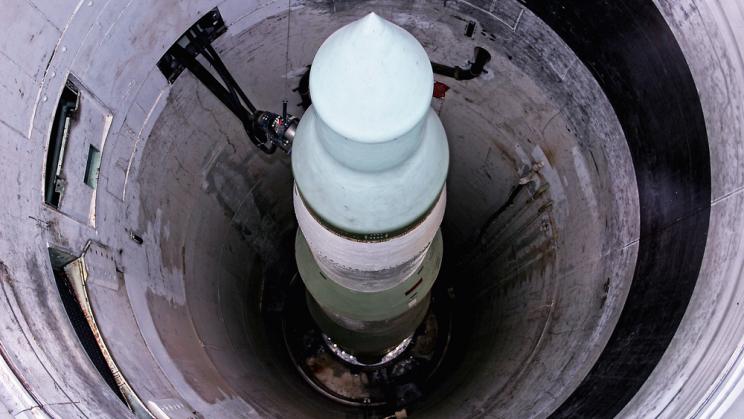
New publication from the EU Non-Proliferation Consortium on why the EU needs to undertake a new and dedicated effort to deal with WMD-related problems
As of mid 2016, the European Union (EU) finally has a new Global Strategy for its foreign and security policy, which is a follow-on to its 2003 Security Strategy. In 2003, in the midst of a heated debate about suspected Iraqi weapon of mass destruction (WMD) capabilities, the issue of non-proliferation easily made it to the top of the list of priorities. It even led EU leaders to adopt a specific WMD strategy at the same time: the EU’s 2003 Strategy on the Non-proliferation of Weapons of Mass Destruction (EU WMD Strategy). In 2016, the situation was different. Many other issues dominated the agenda, and non proliferation—and for that matter arms control—was not given a prominent place among the priorities of the Global Strategy.
This paper argues that the EU should undertake a new and dedicated effort to deal with the problems related to weapons of mass destruction. More specifically, one or more new strategy documents are required and, in this context, the EU should also pursue WMD-related contingency planning to increase preparedness and prevent or counter crises.
The paper further argues that If the EU does not undertake these efforts, something much more will be at stake than the effectiveness of EU programmes in the areas of non proliferation, arms control and disarmament. The overarching risk is that EU leaders will become reactive and even confused to a greater and even more dangerous extent than occurred after the terrorist attacks on the United States of 11 September 2001.
As a bottom line, the paper argues that the EU should pursue WMD-related contingency planning to increase preparedness in order to prevent and counter crises.
Read the publication here.
Read more about the EU Non-proliferation Consortium here.